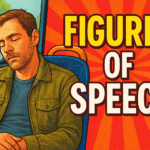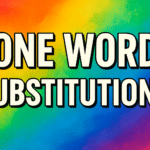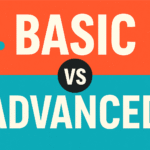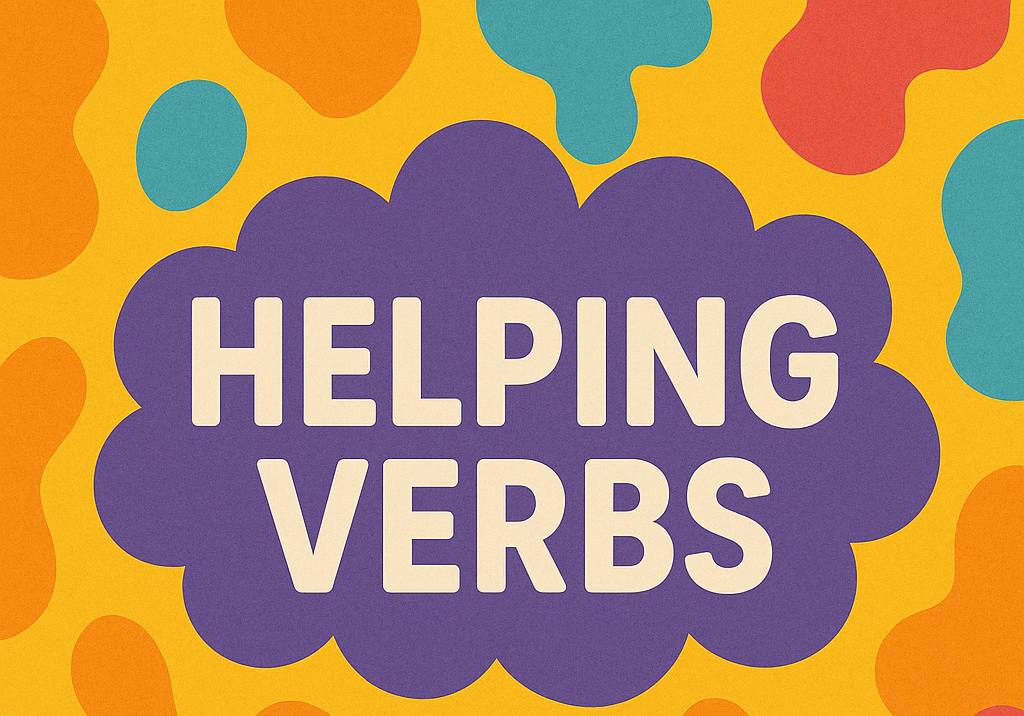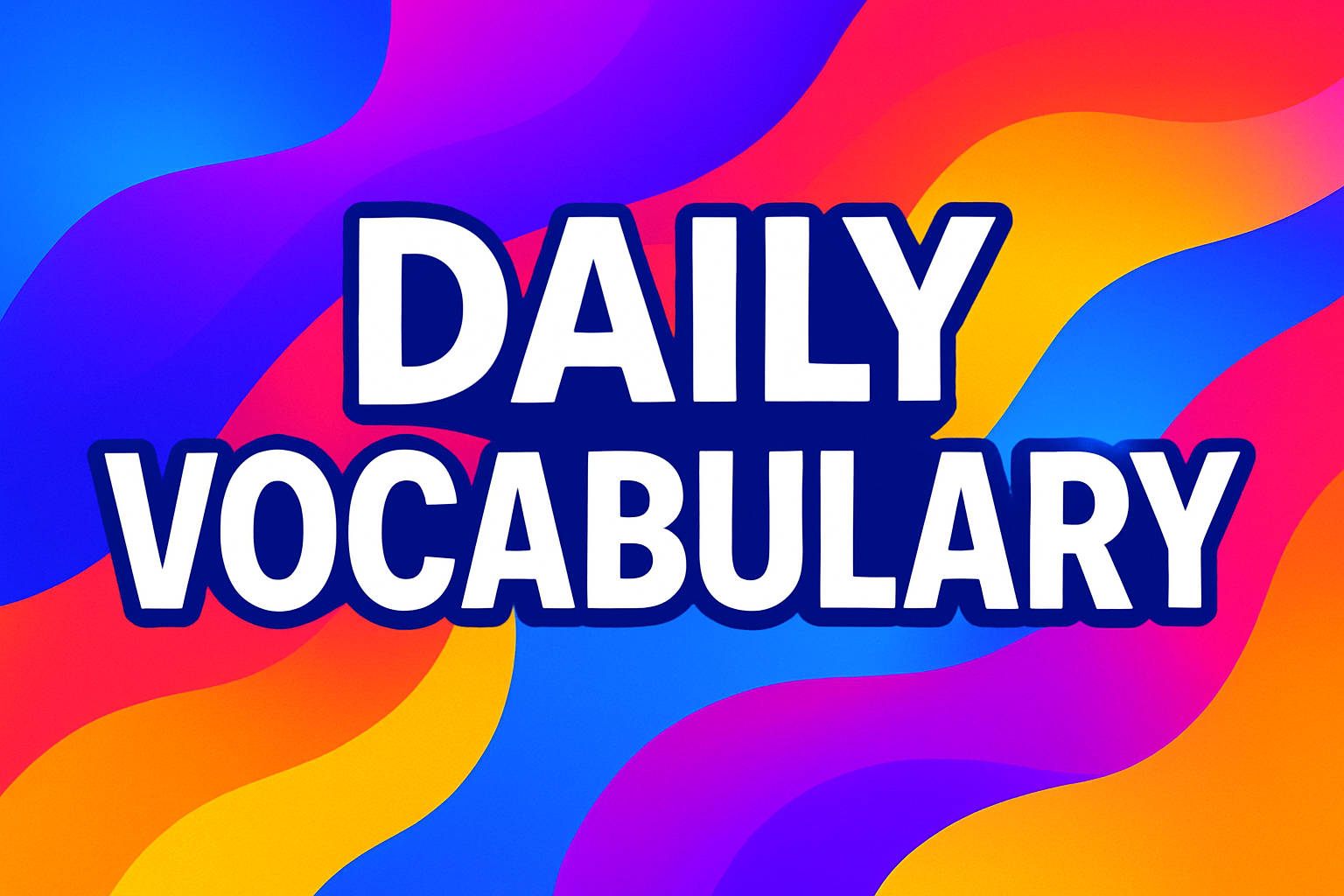Helping verbs, also called auxiliary verbs, are used alongside main verbs to express additional information about tense, mood, voice, or emphasis. They help form various verb phrases and are essential in constructing grammatically correct sentences. Below is a comprehensive explanation of helping verbs, their types, functions, and examples.
1. Definition of Helping Verbs
A helping verb is a verb that comes before the main verb in a sentence to provide additional meaning. It helps indicate:
- Tense (e.g., past, present, future)
- Mood (e.g., possibility, obligation)
- Voice (e.g., active or passive)
- Emphasis or negation
The main verb carries the primary meaning, while the helping verb modifies it.
Example:
- She is singing.
(is = helping verb, singing = main verb)
2. Types of Helping Verbs
Helping verbs are divided into three main categories:
- Primary Auxiliary Verbs: Be, have, do
- Modal Auxiliary Verbs: Can, could, will, would, shall, should, may, might, must, ought to
- Semi-Modal Verbs: Need to, dare, used to, etc.
A. Primary Auxiliary Verbs
These are the most common helping verbs and can also function as main verbs in some contexts.
- Be (am, is, are, was, were, being, been)
- Used to form continuous tenses (progressive) and passive voice.
- Examples:
- She is reading a book. (Present continuous)
- The book was read by her. (Passive voice)
- They are playing soccer. (Present continuous)
- Have (has, had, having)
- Used to form perfect tenses.
- Examples:
- I have finished my homework. (Present perfect)
- She had left before we arrived. (Past perfect)
- They will have completed the project by tomorrow. (Future perfect)
- Do (does, did, doing)
- Used for emphasis, questions, and negations in simple tenses.
- Examples:
- I do want to go! (Emphasis)
- Does she like coffee? (Question)
- He didn’t finish his work. (Negation)
B. Modal Auxiliary Verbs
Modal verbs express possibility, ability, permission, obligation, or future intention. They are always followed by the base form of the main verb and do not change form based on the subject.
| Modal Verb | Function | Example |
|---|---|---|
| Can | Ability, permission | She can swim. / You can leave now. |
| Could | Past ability, polite request | He could run fast as a child. / Could you help me? |
| Will | Future intention, prediction | I will call you later. / It will rain tomorrow. |
| Would | Polite request, hypothetical situations | Would you like tea? / I would travel if I had money. |
| Shall | Formal future, suggestion | We shall meet at 5 PM. / Shall we dance? |
| Should | Advice, obligation | You should study harder. / She should apologize. |
| May | Permission, possibility | You may enter. / It may snow tonight. |
| Might | Less certain possibility | She might come to the party. |
| Must | Obligation, logical conclusion | You must wear a helmet. / He must be tired after the run. |
| Ought to | Duty, expectation | You ought to respect elders. |
C. Semi-Modal Verbs
These verbs function like modals in some contexts but can also act as main verbs. They often require “to” before the main verb.
- Need to: Obligation
- Example: You need to finish your assignment.
- Dare: Courage or challenge
- Example: He dare not speak against the boss.
- Used to: Past habit
- Example: She used to live in Paris.
3. Functions of Helping Verbs
Helping verbs serve several grammatical purposes:
- Forming Tenses
- Helping verbs combine with main verbs to indicate time (past, present, future) and aspect (simple, continuous, perfect).
- Examples:
- Present continuous: She is writing.
- Past perfect: They had eaten.
- Future perfect continuous: I will have been working.
- Expressing Questions
- Helping verbs are used to form interrogative sentences.
- Examples:
- Is she coming? (Be)
- Have you seen the movie? (Have)
- Can you help me? (Modal)
- Forming Negations
- Helping verbs combine with “not” to create negative sentences.
- Examples:
- I am not tired. (Be)
- She hasn’t arrived. (Have)
- They won’t agree. (Modal)
- Adding Emphasis
- The verb “do” is often used to emphasize the main verb.
- Example: I do believe you!
- Indicating Modality
- Modal verbs express ability, possibility, necessity, etc.
- Examples:
- You must submit the report. (Necessity)
- She might win the race. (Possibility)
- Forming Passive Voice
- The verb “be” is used with a past participle to form passive constructions.
- Example: The cake was eaten by the kids.
4. Rules for Using Helping Verbs
- Position: Helping verbs always come before the main verb.
- Example: She is singing.
- Agreement: The helping verb must agree with the subject in number and person (except modals, which don’t change).
- Example: He is (singular) vs. They are (plural).
- Modal Verbs: Modals are followed by the base form of the verb, not an infinitive or participle.
- Correct: She can sing.
- Incorrect: She can to sing.
- Multiple Helping Verbs: A sentence can have more than one helping verb.
- Example: She will have been studying for hours.
- No Double Modals: In standard English, two modal verbs cannot be used together.
- Incorrect: She can might go.
- Correct: She might be able to go.
5. Examples in Different Contexts
Here are additional examples to illustrate the versatility of helping verbs:
- Progressive Tenses (Be + -ing)
- Present: They are dancing at the party.
- Past: He was working late yesterday.
- Future: We will be traveling tomorrow.
- Perfect Tenses (Have + past participle)
- Present: I have just finished writing.
- Past: She had already left when I called.
- Future: By next year, they will have built the bridge.
- Modal Verbs in Hypothetical Situations
- If I could fly, I would travel the world.
- You should call her if you can.
- Questions and Negations
- Does he play football? / He doesn’t play football.
- Is she coming? / She isn’t coming.
- Passive Voice
- The room was cleaned yesterday.
- The project will be completed soon.
6. Common Mistakes to Avoid
- Incorrect Subject-Verb Agreement
- Incorrect: She are happy.
- Correct: She is happy.
- Using Modals with Infinitives
- Incorrect: He must to go.
- Correct: He must go.
- Confusing “Have” and “Had”
- Incorrect: I had finished yesterday. (If referring to present perfect)
- Correct: I have finished today.
- Overusing “Do” for Emphasis
- Incorrect: I do go every day! (If not needed)
- Correct: I go every day.
7. Practice Exercises
Try identifying the helping verb(s) and main verb in these sentences:
- She has been studying for hours.
- Will you join us for dinner?
- The house was painted last week.
- I can’t believe how fast time flies.
- They should have called earlier.
Answers:
- Helping: has been, Main: studying
- Helping: will, Main: join
- Helping: was, Main: painted
- Helping: can’t, Main: believe
- Helping: should have, Main: called
8. Summary
Helping verbs (be, have, do, modals, and semi-modals) are crucial for forming complex verb phrases in English. They indicate tense, mood, voice, and other nuances, making sentences more precise. By understanding their functions and practicing their use, you can improve both written and spoken English.

